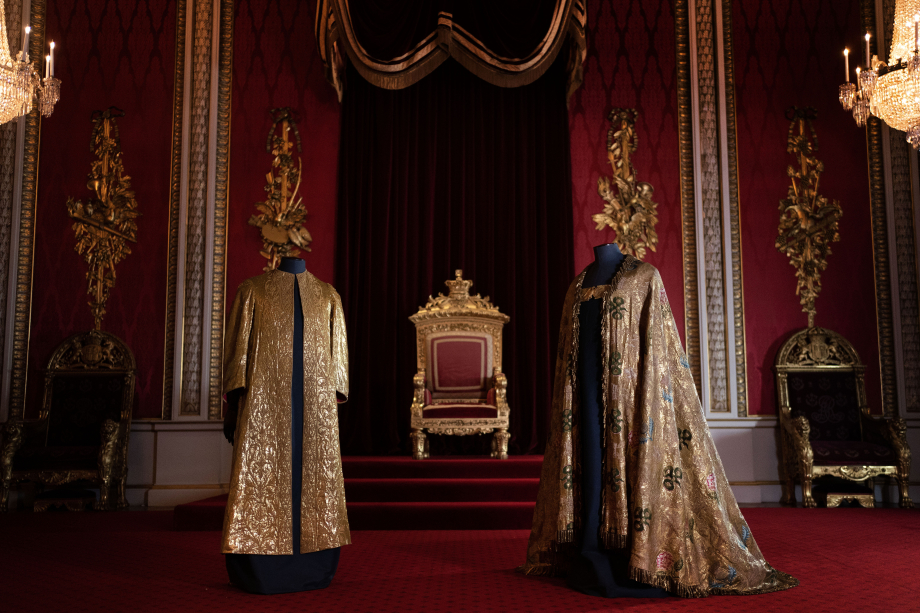It will be the second time in a year that royal events have weighed on growth, but analysis suggests the impact of those events is declining….reports Asian Lite News
The extra bank holiday for King Charles III’s coronation is set to drag down what otherwise may be gathering momentum in the UK economy.
Forecasters warned that the additional day off on May 8 will help trigger a 0.7% slide in GDP in May and could tip the economy into a minor contraction in the second quarter.
It will be the second time in a year that royal events have weighed on growth, but analysis suggests the impact of those events is declining.
James Smith, economist at ING, said the temporary drag is a key reason “why overall second quarter GDP will come in negative.”
“The experience in 2022 – extra bank holidays in June and September – suggest the impact has become less pronounced than it was in previous years,” he said.
The UK economy has had a more resilient start under Charles’s rein than economists had expected. Many have scrubbed their predictions for a recession this year despite inflation remaining stuck in double digits. The coronation’s drag on second quarter growth could mask an acceleration in the economy’s momentum that survey data is starting to reflect.
Deutsche Bank UK economist Sanjay Raja said the extra bank holiday will trim 0.5% from GDP in May, helping to trigger a small drop in output in the second quarter.
“While industries such as hospitality and leisure are likely to do well, others will likely see a hit from the additional working day lost,” Raja told Bloomberg. He said professional services, factories and construction will be among the sectors to lose out as work is put on hold.
However, the blow from closed businesses will be partly offset by stronger spending tourism and hospitality. The Centre for Economics and Business Research estimates that extra tourism and spending in pubs, which are allowed to stay open later over the weekend, will provide a £337 million boost to the economy.
It would be the second quarterly contraction in a year partly caused by an extra bank holiday after a contraction in the third quarter of 2022. GDP edged down 0.1% in the three months through September after an extra day off at the end of the period for the funeral of Queen Elizabeth II. That event left most shops and hospitality businesses closed for much of the day.
However, the extra bank holidays due to royal events appear to be having a smaller impact on the economy than in the past. A dropl in output is typically followed by a brisk recovery the month after.
“The UK’s experience with bank holidays last year suggests the extra days off had a more modest impact on activity compared to 2002, 2011 and 2012,” Hanson said. “We think that’s likely to be the case again this time round.”
Monthly GDP fell 2.2% in June 2022, when there was the Golden Jubilee to celebrate Queen Elizabeth II’s 50 years on the throne. Output dropped 1.4% in June 2012, coinciding with the Diamond Jubilee. However, there were more modest falls of 0.7% in June 2022 during the Platinum Jubilee and 0.7% the following September for the funeral.
“Perhaps it’s because the closure of high-street retail is less consequential,” said Smith, pointing to online shopping and more stores staying open than in the past. “The impact from manufacturing has also fallen, and perhaps that’s linked to the way factories operate becoming more complex.”

Leave a Reply